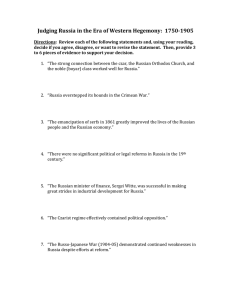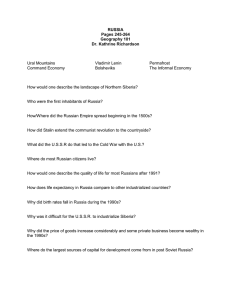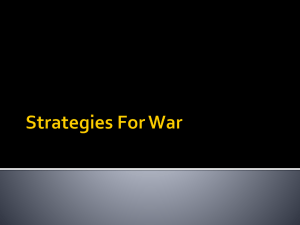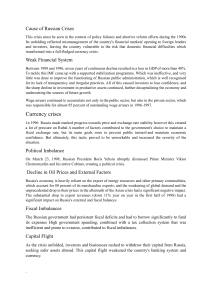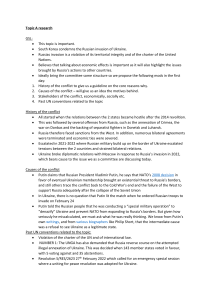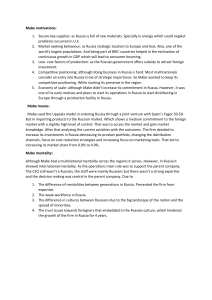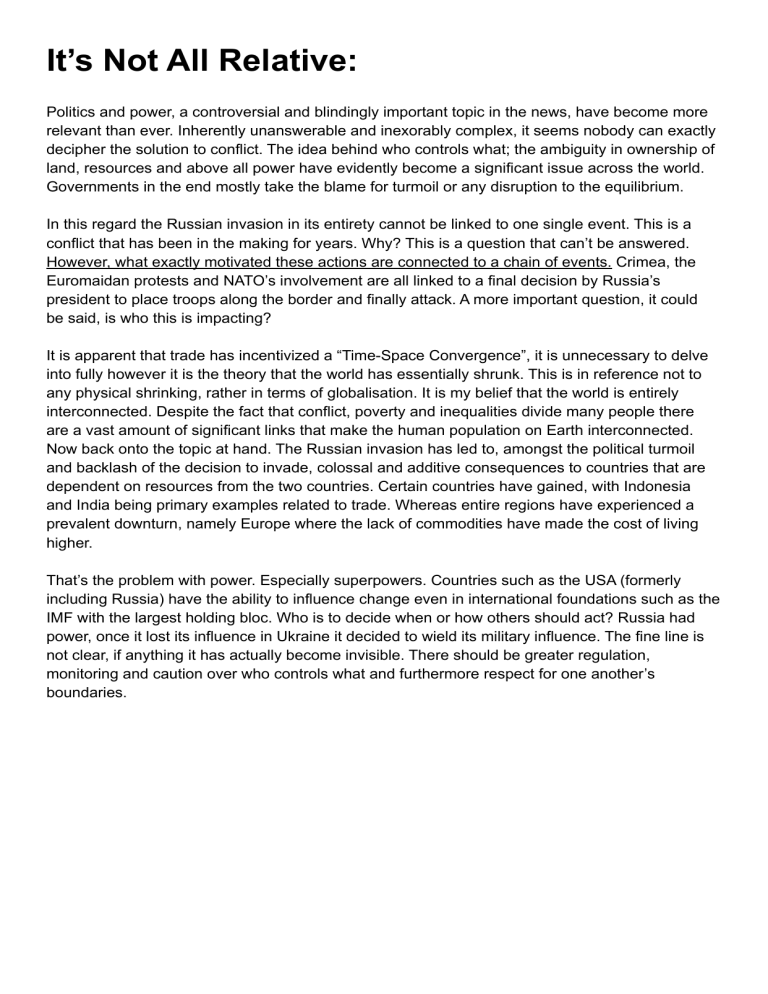
It’s Not All Relative: Politics and power, a controversial and blindingly important topic in the news, have become more relevant than ever. Inherently unanswerable and inexorably complex, it seems nobody can exactly decipher the solution to conflict. The idea behind who controls what; the ambiguity in ownership of land, resources and above all power have evidently become a significant issue across the world. Governments in the end mostly take the blame for turmoil or any disruption to the equilibrium. In this regard the Russian invasion in its entirety cannot be linked to one single event. This is a conflict that has been in the making for years. Why? This is a question that can’t be answered. However, what exactly motivated these actions are connected to a chain of events. Crimea, the Euromaidan protests and NATO’s involvement are all linked to a final decision by Russia’s president to place troops along the border and finally attack. A more important question, it could be said, is who this is impacting? It is apparent that trade has incentivized a “Time-Space Convergence”, it is unnecessary to delve into fully however it is the theory that the world has essentially shrunk. This is in reference not to any physical shrinking, rather in terms of globalisation. It is my belief that the world is entirely interconnected. Despite the fact that conflict, poverty and inequalities divide many people there are a vast amount of significant links that make the human population on Earth interconnected. Now back onto the topic at hand. The Russian invasion has led to, amongst the political turmoil and backlash of the decision to invade, colossal and additive consequences to countries that are dependent on resources from the two countries. Certain countries have gained, with Indonesia and India being primary examples related to trade. Whereas entire regions have experienced a prevalent downturn, namely Europe where the lack of commodities have made the cost of living higher. That’s the problem with power. Especially superpowers. Countries such as the USA (formerly including Russia) have the ability to influence change even in international foundations such as the IMF with the largest holding bloc. Who is to decide when or how others should act? Russia had power, once it lost its influence in Ukraine it decided to wield its military influence. The fine line is not clear, if anything it has actually become invisible. There should be greater regulation, monitoring and caution over who controls what and furthermore respect for one another’s boundaries.

